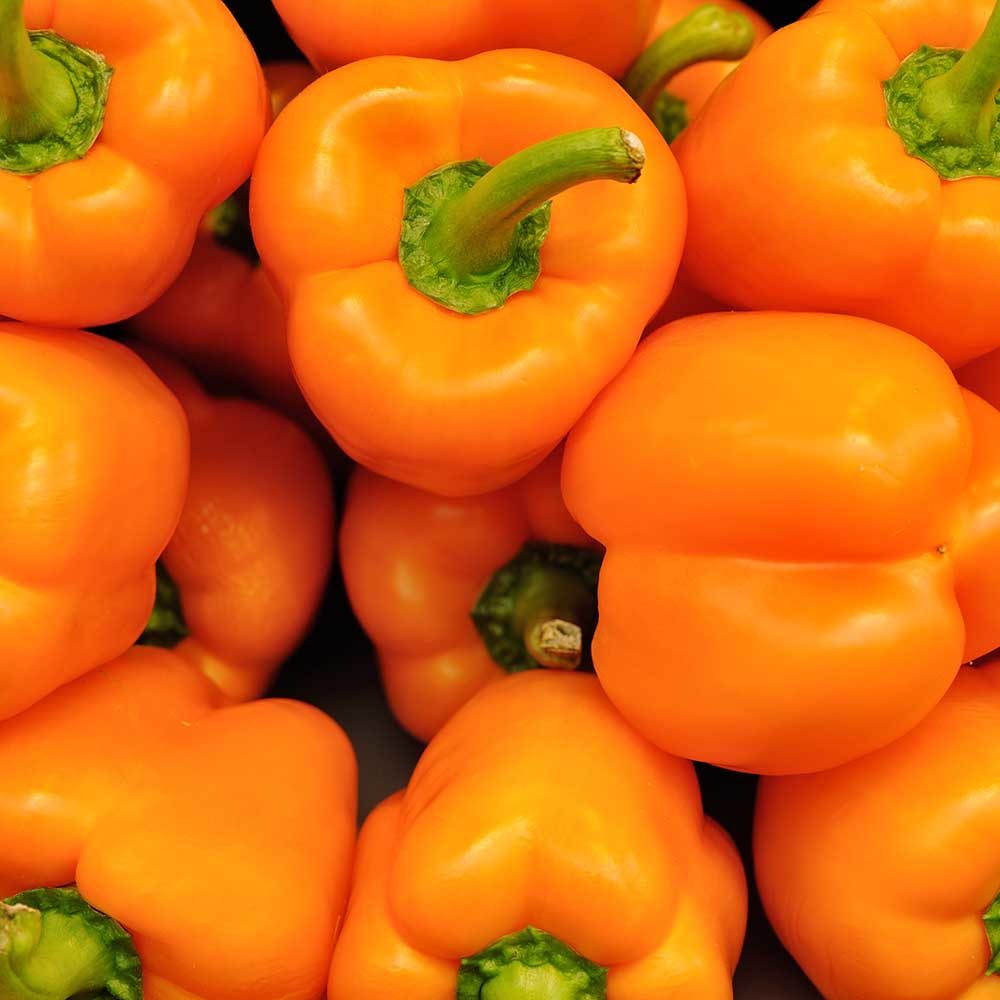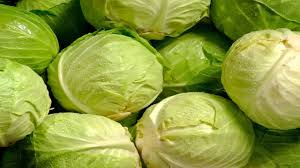Description
Origin:
Orange peppers, also known as orange bell peppers, are native to the Americas and were domesticated in Mesoamerica. Orange peppers are sweeter than green peppers and have a bright, vibrant color.
They are used in a variety of dishes to add color and flavor.
Orange peppers are rich in nutrients and are a popular choice for salads and roasting.
Other Names:
Yoruba: Tatase
Igbo: ose mgbirigba
Hausa: Tattasai
Health Benefits:
High in vitamin C and beta-carotene, which support immune function and skin health.
Contains antioxidants that help reduce oxidative stress and inflammation.
Provides dietary fiber that aids digestion and supports gut health.
May support eye health and cardiovascular health.
Nutritional Information (per 100g):
Calories: 31 kcal
Carbohydrates: 6.0 g
Sugars: 4.2 g
Fiber: 2.1 g
Protein: 1.0 g
Fat: 0.3 g
Vitamin C: 120.0 mg (200% of Daily Value)
Vitamin A: 3700 IU (74% of Daily Value)
Fun Fact: Did you Know?
orange peppers need more time to mature, which requires more care from the farmer, and this additional investment is reflected in the price
Uses:
Used in salads, soups, and stews.
Incorporated into stir-fries, sauces, and dips.
Used as a topping for pizzas and sandwiches.
Recipes & Videos:
International Recipe: Orange Pepper SaladVideo: How to Make Orange Pepper Salad
Local Recipe: Nigerian Orange Pepper SoupVideo: Nigerian Orange Pepper Soup Recipe
Best Storage Method:
Store in a perforated plastic bag in the refrigerator.
Shelf Life: 1-2 weeks in the fridge.

 Cart is empty
Cart is empty 















Reviews
There are no reviews yet